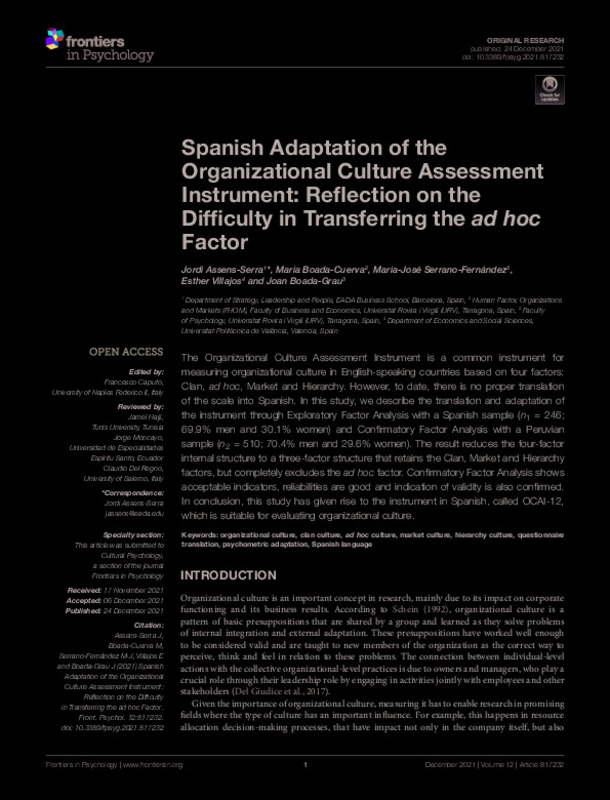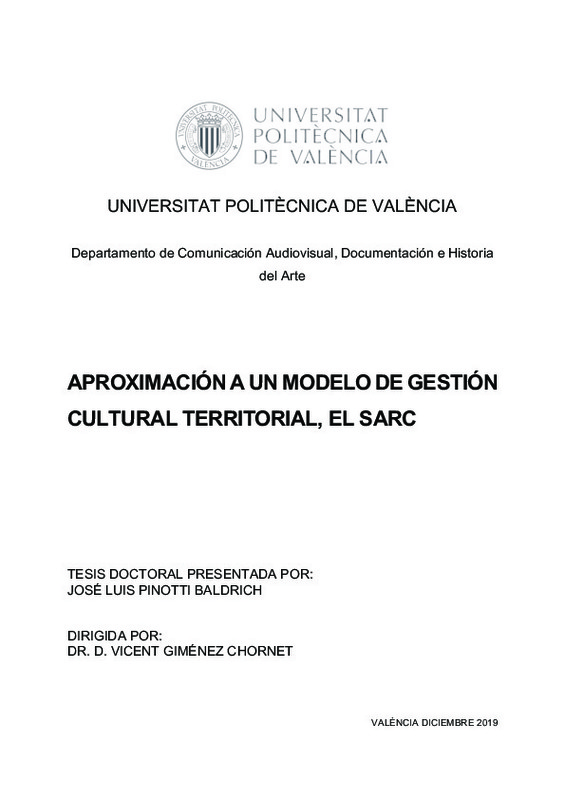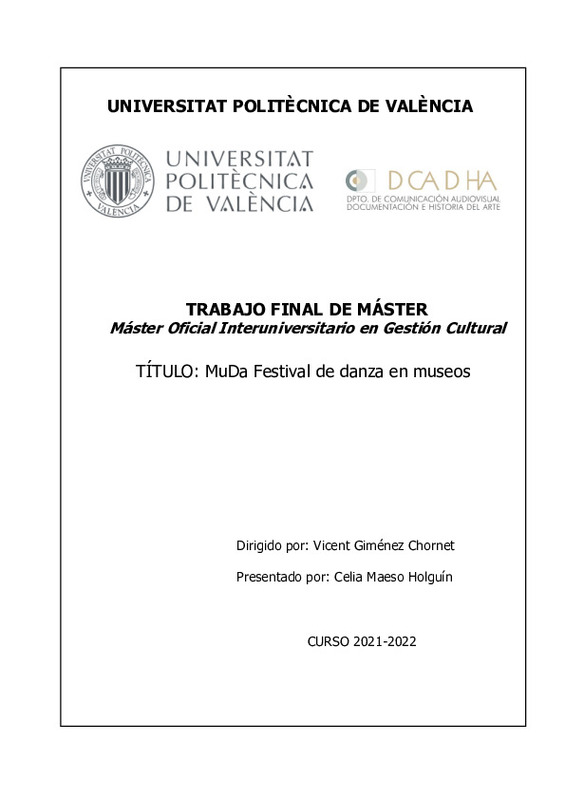JavaScript is disabled for your browser. Some features of this site may not work without it.
Buscar en RiuNet
Listar
Mi cuenta
Estadísticas
Ayuda RiuNet
Admin. UPV
Spanish Adaptation of the Organizational Culture Assessment Instrument: Reflection on the Difficulty in Transferring the ad hoc Factor
Mostrar el registro sencillo del ítem
Ficheros en el ítem
| dc.contributor.author | Assens-Serra, Jordi
|
es_ES |
| dc.contributor.author | Boada-Cueva, Maria
|
es_ES |
| dc.contributor.author | Serrano-Fernández, María-José
|
es_ES |
| dc.contributor.author | Villajos-Girona, Esther
|
es_ES |
| dc.contributor.author | Boada-Grau, Joan
|
es_ES |
| dc.date.accessioned | 2022-06-15T18:04:42Z | |
| dc.date.available | 2022-06-15T18:04:42Z | |
| dc.date.issued | 2021-12-24 | es_ES |
| dc.identifier.uri | http://hdl.handle.net/10251/183343 | |
| dc.description.abstract | [EN] The Organizational Culture Assessment Instrument is a common instrument for measuring organizational culture in English-speaking countries based on four factors: Clan, ad hoc, Market and Hierarchy. However, to date, there is no proper translation of the scale into Spanish. In this study, we describe the translation and adaptation of the instrument through Exploratory Factor Analysis with a Spanish sample (n(1) = 246; 69.9% men and 30.1% women) and Confirmatory Factor Analysis with a Peruvian sample (n(2) = 510; 70.4% men and 29.6% women). The result reduces the four-factor internal structure to a three-factor structure that retains the Clan, Market and Hierarchy factors, but completely excludes the ad hoc factor. Confirmatory Factor Analysis shows acceptable indicators, reliabilities are good and indication of validity is also confirmed. In conclusion, this study has given rise to the instrument in Spanish, called OCAI-12, which is suitable for evaluating organizational culture. | es_ES |
| dc.description.sponsorship | The authors received financial support for the research and publication of this article from the Universitat Rovira i Virgili, Tarragona, Spain. | es_ES |
| dc.language | Inglés | es_ES |
| dc.publisher | Frontiers Media SA | es_ES |
| dc.relation.ispartof | Frontiers in Psychology | es_ES |
| dc.rights | Reconocimiento (by) | es_ES |
| dc.subject | Organizational culture | es_ES |
| dc.subject | Clan culture | es_ES |
| dc.subject | Ad hoc culture | es_ES |
| dc.subject | Market culture | es_ES |
| dc.subject | Hierarchy culture | es_ES |
| dc.subject | Questionnaire translation | es_ES |
| dc.subject | Psychometric adaptation | es_ES |
| dc.subject | Spanish language | es_ES |
| dc.subject.classification | ECONOMIA FINANCIERA Y CONTABILIDAD | es_ES |
| dc.title | Spanish Adaptation of the Organizational Culture Assessment Instrument: Reflection on the Difficulty in Transferring the ad hoc Factor | es_ES |
| dc.type | Artículo | es_ES |
| dc.identifier.doi | 10.3389/fpsyg.2021.817232 | es_ES |
| dc.rights.accessRights | Abierto | es_ES |
| dc.contributor.affiliation | Universitat Politècnica de València. Departamento de Economía y Ciencias Sociales - Departament d'Economia i Ciències Socials | es_ES |
| dc.description.bibliographicCitation | Assens-Serra, J.; Boada-Cueva, M.; Serrano-Fernández, M.; Villajos-Girona, E.; Boada-Grau, J. (2021). Spanish Adaptation of the Organizational Culture Assessment Instrument: Reflection on the Difficulty in Transferring the ad hoc Factor. Frontiers in Psychology. 12:1-10. https://doi.org/10.3389/fpsyg.2021.817232 | es_ES |
| dc.description.accrualMethod | S | es_ES |
| dc.relation.publisherversion | https://doi.org/10.3389/fpsyg.2021.817232 | es_ES |
| dc.description.upvformatpinicio | 1 | es_ES |
| dc.description.upvformatpfin | 10 | es_ES |
| dc.type.version | info:eu-repo/semantics/publishedVersion | es_ES |
| dc.description.volume | 12 | es_ES |
| dc.identifier.eissn | 1664-1078 | es_ES |
| dc.identifier.pmid | 35002905 | es_ES |
| dc.identifier.pmcid | PMC8740165 | es_ES |
| dc.relation.pasarela | S\452454 | es_ES |
| dc.contributor.funder | Universitat Rovira i Virgili | es_ES |











